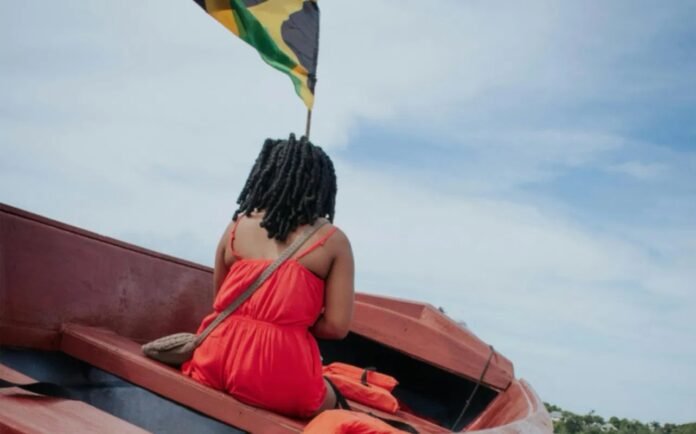New Visa Bond Fee: What It Means for Jamaican Travelers
By Jameelah Mullen
August 7, 2025
Securing a U.S. visa might soon feel like a hefty financial burden for many Jamaicans. The Trump administration has announced a new visa application bond fee that could reach up to $15,000 for countries with high overstay rates. This pilot program, set to kick off on August 20, 2025, has raised eyebrows and sparked concern among those hoping to travel to the United States.
The U.S. Department of Homeland Security recently released the 2023 Customs and Border Protection Entry/Exit Overstay Report, which highlighted Jamaica as the Caribbean nation with the second-highest visa overstay rate. While this may sound alarming, the numbers tell a different story. Only 5.25% of Jamaican nationals who entered the U.S. on B-1 business and B-2 tourism visas overstayed their welcome. This figure is notably above the 3.2% average for non-Visa waiver countries but still paints a picture of a relatively small issue.
In the Caribbean, Jamaica ranks just behind Haiti, which has a staggering overstay rate of 31%. Globally, Jamaica sits at 29th place out of 186 non-Visa waiver countries. The report also pointed to other nations with high overstay rates, including Chad, Laos, and Sudan, which have rates nearing or exceeding 50%.
Wayne Golding, a Jamaican-American immigration attorney, shared his thoughts on the shifting focus of U.S. immigration policy. “The primary focus used to be on reuniting families and attracting the ‘brightest and best,’ but now it’s all about the pocketbook,” he remarked in an interview with Television Jamaica. This shift raises questions about the future of immigration for many Jamaicans who have long viewed the U.S. as a land of opportunity.
Currently, Jamaica is not included in the list of countries required to pay this new fee, but that could change as officials plan to update the list throughout the pilot program. As of now, only Malawi and Zambia are on the list, and travelers from these countries must enter and exit the U.S. through specific airports: Boston Logan International, John F. Kennedy International, or Washington Dulles International.
The implications of this new fee are significant. For many Jamaicans, the prospect of paying a bond fee could deter them from pursuing travel to the U.S., a country that has long been a popular destination for business and leisure. The fear of financial strain is palpable, especially among families hoping to reunite with loved ones or individuals seeking better opportunities.
As the pilot program unfolds, it will be interesting to see how it impacts travel patterns and the perceptions of the U.S. among Jamaican nationals. Will this new financial barrier discourage travel, or will it be seen as just another hurdle to overcome in the pursuit of the American dream? Only time will tell.

